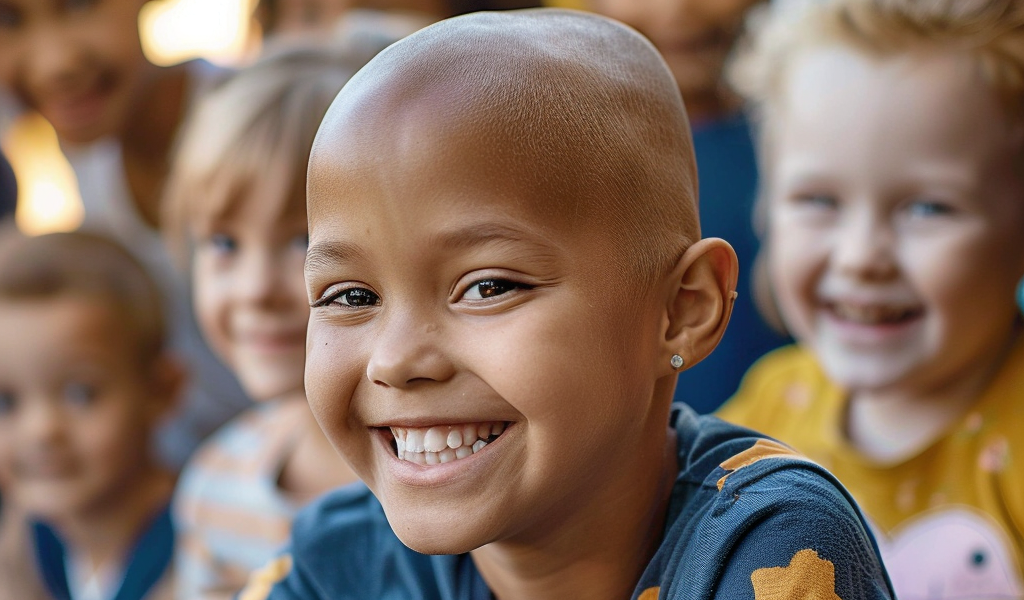Cancer remains a significant cause of disease-related mortality in children in developed nations, with a substantial portion of patients facing aggressive high-risk or relapsed cancers. These cases often come with a bleak five-year survival rate of less than 30%, compounded by the long-term side effects of intensive treatments. However, a ray of hope shines through as Australian researchers unveil the promising impact of precision medicine on young cancer patients.
Presented at the annual conference of the European Society of Human Genetics, the study conducted by Associate Professor Vanessa Tyrrell and her team at the Zero Childhood Cancer National Precision Medicine Program showcases a groundbreaking advancement. The program, a collaboration between the Children’s Cancer Institute and Kids Cancer Centre in Australia, has enrolled over 1600 children since its inception in 2017.
Initially focused on high-risk cancers, the program has now expanded to include all children diagnosed with cancer in Australia, under the trial named ZERO2. Prof Tyrrell notes the significant success rate, with more than 70% of children with high-risk cancers benefiting from personalized medicine. The team’s dedication is evident as they continue to recruit participants for the ongoing trial, aiming to extend the study for at least four more years.
The outcomes of ZERO’s initial national clinical trial, conducted from 2017 to 2022, shed light on a child’s predisposition to cancer through genetic variants in their germline. Notably, around 16% of children with high-risk cancer exhibited these variants, which were often undetected through standard clinical testing pathways. Whole genome sequencing proved to be a game-changer, surpassing traditional methods in identifying germline cancer predisposition variants and enhancing genetic counseling for affected families.
The integration of tumor-germline molecular profiling not only boosted the diagnosis rate but also facilitated referrals to cancer genetic services, leading to the identification of at-risk relatives. These crucial findings underscore the vital role of precision medicine in improving outcomes and quality of life for young cancer patients, offering a glimmer of hope amidst the challenges of pediatric oncology.





